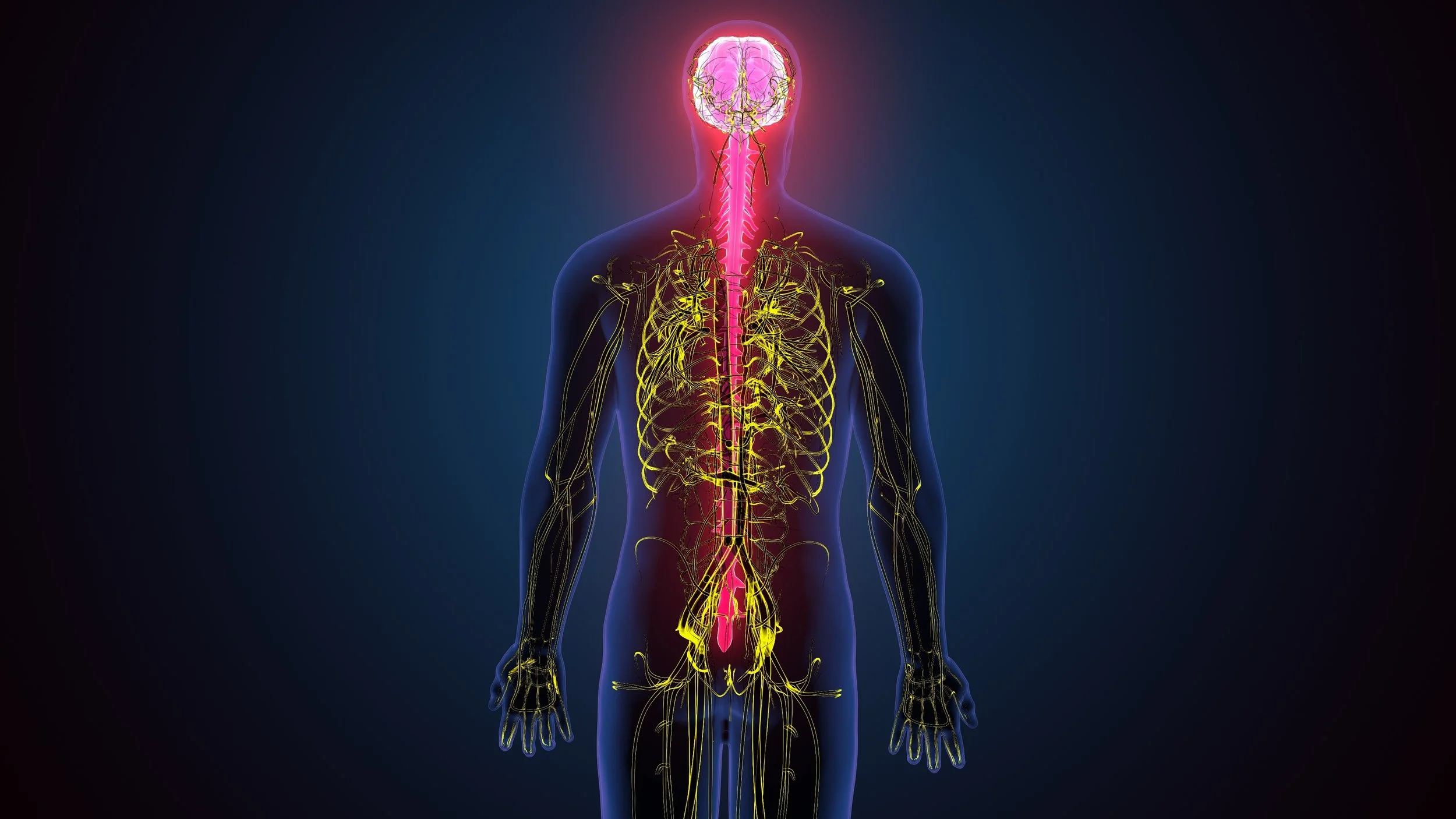The Hidden Link Between Stress and Chronic Pain: What Every Athlete and Everyday Mover Should Know
Why Does Pain Get Worse Under Stress?
If you’ve ever noticed your pain flare during a busy workweek, before a competition, or during a stressful life event—you’re not imagining things. Stress and pain are deeply connected. In fact, your nervous system doesn’t distinguish much between a threatening deadline and a sprained ankle. Both trigger the same “alarm system,” keeping your body in a heightened state of tension that makes pain louder, sharper, and harder to ignore.
At Elite Pain Consultants, we specialize in helping athletes, weekend warriors, and everyday people understand the neuroscience of pain—and how to break free from the stress-pain cycle.
The Stress-Pain Connection
Stress hormones amplify pain. When you’re stressed, your body releases cortisol and adrenaline. These chemicals prepare you for fight-or-flight but also turn up the volume on pain signals.
Athletes under pressure feel it most. Competition stress, injury recovery, and the fear of “falling behind” can keep an athlete’s pain dial stuck on high.
Everyday movers aren’t immune. Work deadlines, financial stress, or family responsibilities can leave you sore and stiff—even without injury.
Your nervous system is like an overprotective parent: the more stressed you are, the more it warns you about pain—even if there’s no real danger. For a full breakdown on why pain isn’t just in the body, read this.
Common Traps That Make Pain Worse
Fear of movement. Avoiding activity out of fear of pain can actually keep the brain convinced you’re in danger.
Chasing only physical fixes. Without addressing stress and emotions, massage, stretching, or even surgery may not fully resolve chronic pain.
Ignoring the emotional drivers. Many people don’t realize frustration, anxiety, and unprocessed stress can fuel ongoing pain.
Science-Backed Ways to Rewire Stress and Pain
Breathing exercises. Just 3 minutes of slow diaphragmatic breathing calms your nervous system and reduces muscle tension.
Journaling triggers. Writing down when pain flares often reveals patterns—like stressful meetings, family conflict, or training pressure.
Safe movement exposure. Reintroducing movement in small, safe steps retrains the brain that motion is not dangerous.
A Real-World Example
One of our clients (anonymized) was a competitive cyclist who couldn’t shake knee pain long after an injury healed. Once he realized stress from work and the fear of re-injury were driving his pain, we helped him apply nervous system techniques. Within weeks, his pain reduced—and he was back on the bike with confidence.
What Does it all mean?
Pain isn’t just in your body—it’s in your nervous system. And when stress drives pain, it takes a whole-person approach to find relief.
At Elite Pain Consultants, we help athletes and everyday movers understand, reframe, and reduce their pain by targeting both bbody and brain.

